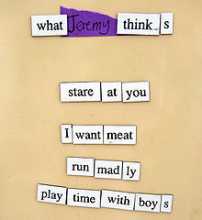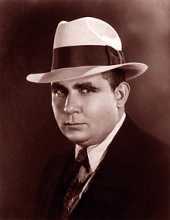More NAPOMO Activities
Write a Dekaaz. This is a new style of poetry that is similar to the haiku, but it has a syllabic style of two, three, five. It’s a fun way to experiment with poetry and I’ve been taking a stab at it throughout the weekend. The Dekaaz is also meant to be read aloud and shared after it is written—or you could simply try speaking in Dekaaz. I know that speaking in haiku is a lot of fun, so I am sure it would be worth trying!
Enter a free contest. There are all kinds of free contests available for writers if you seek them out. If you visit Winning Writers, you can not only browse some of these, but also sign up for newsletters (also free) that will notify you when there are more contests available for you to enter. Many of these offer publication and money prizes, but the writing itself is where the fun is!
Write bad poetry. If writing a poem every day feels like a challenge, why not try writing a bad poem every day? Take the pressure off and just rhyme like a child, make a new jump roping chant, write an ode to a hot celebrity that you’ll never ever show another human being as long as you live, or write a guilty pleasure, like a limerick about someone who really gets on your nerves.
Host a writing contest. I am thinking about doing this with our homeschool group and letting the kids vote on their favorite poems at our next meeting. But you could really do this at any event, whether it’s with work friends, family, or even a party, like a bridal shower. (Imagine how the bride would feel getting so many beautiful notes from friends and family; that would be better than gifts to me!)
Use magnetic poetry. We used to keep magnetic poetry all over our house; I think we ultimately got rid of it when my daughter, then two, kept putting it in her mouth! Buy or make your own set and put it wherever you want—your fridge, filing cabinet, wherever. How about making poems on your car? (I wouldn’t drive with your poem on your car, however!)









